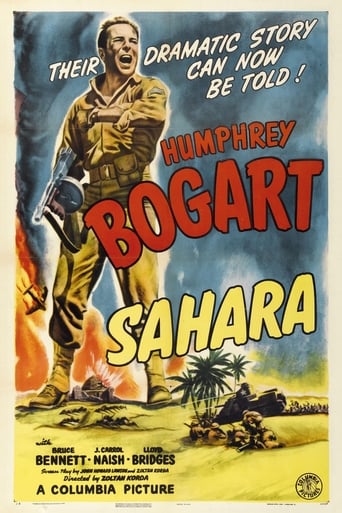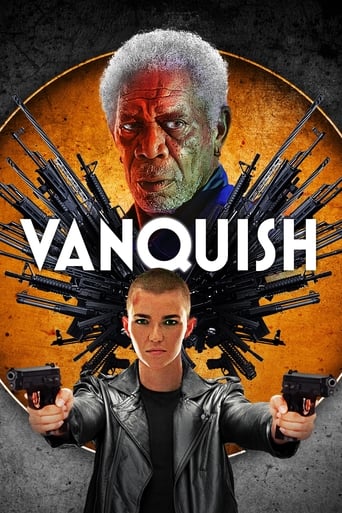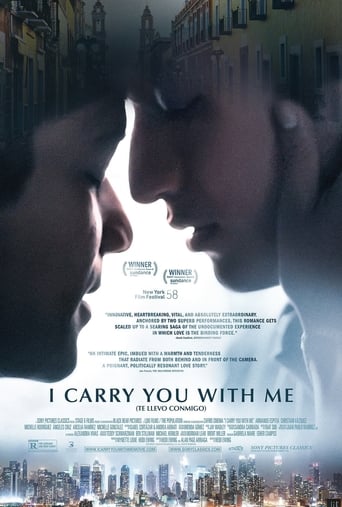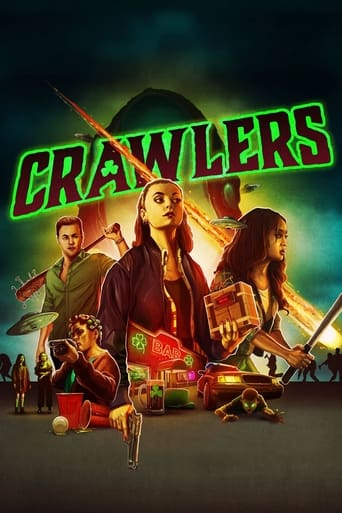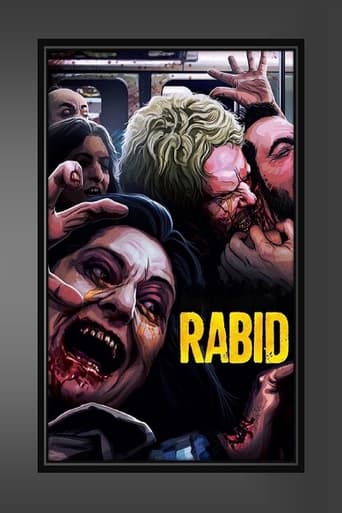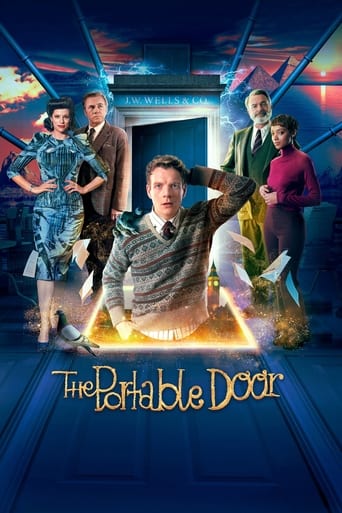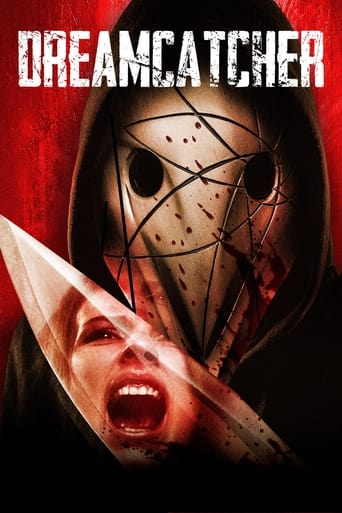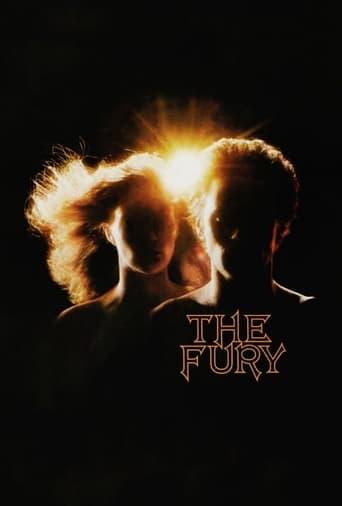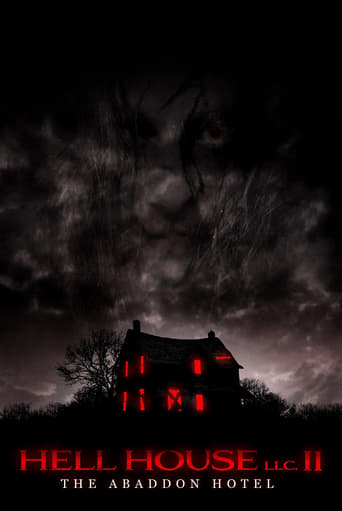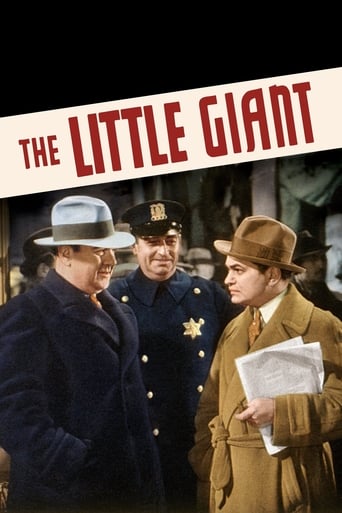


The Little Giant
Prohibition is ending so bootlegger Bugs Ahearn decides to crack California society. He leases a house from down-on-her-luck Ruth and hires her as social secretary. He rescues Polly Cass from a horsefall and goes home to meet her dad who sells him some phony stock certificates. When he learns about this he sends to Chicago for mob help.
-
- Cast:
- Edward G. Robinson , Mary Astor , Helen Vinson , Russell Hopton , Kenneth Thomson , Shirley Grey , Berton Churchill


Similar titles
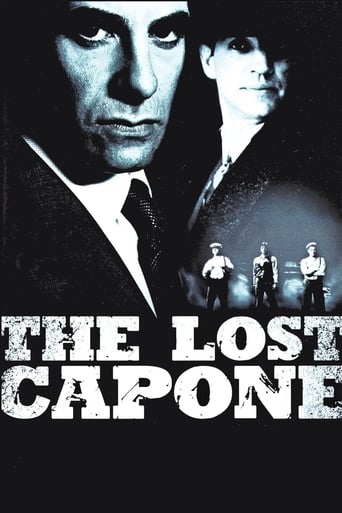
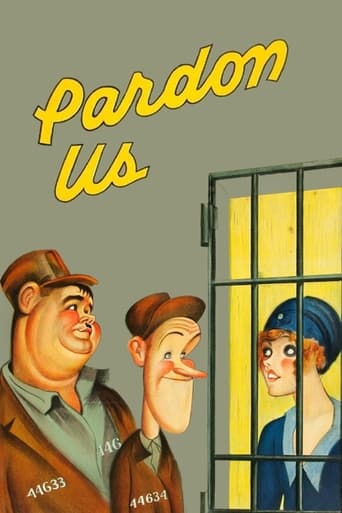
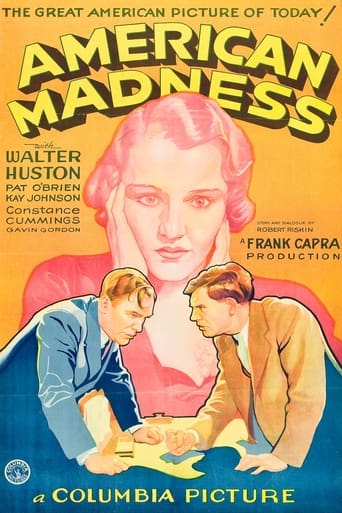
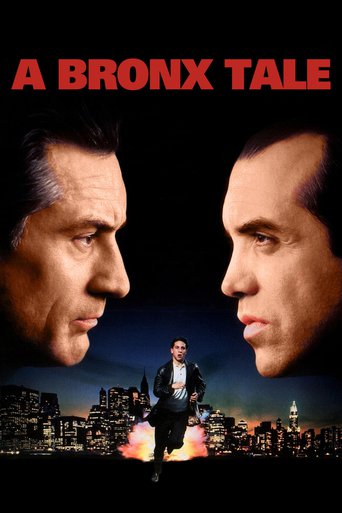
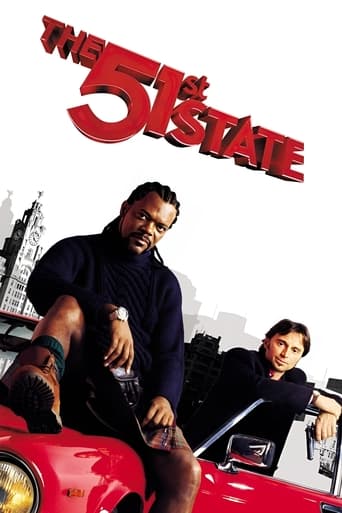
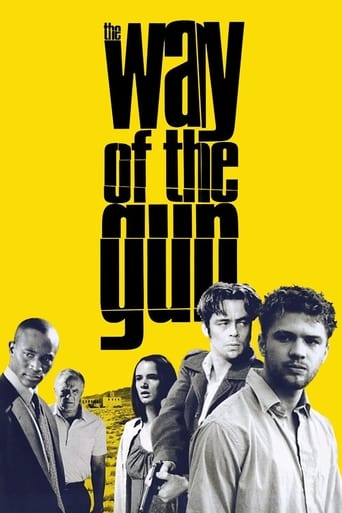
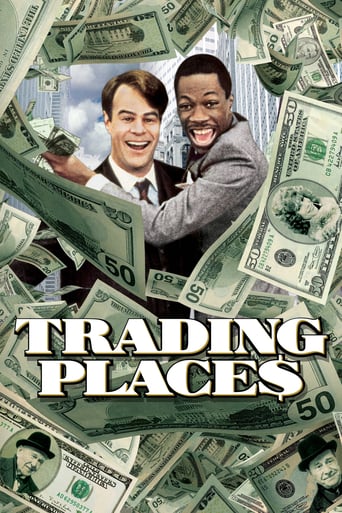

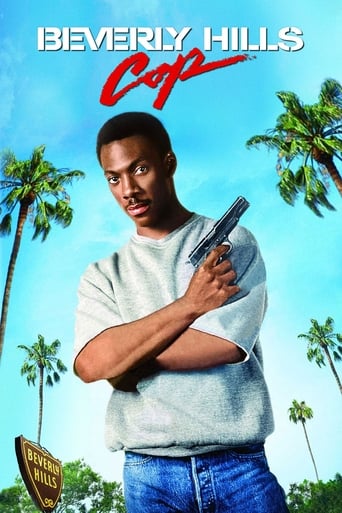
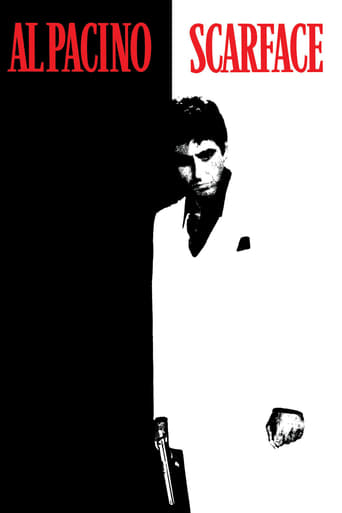
Reviews
Very very predictable, including the post credit scene !!!
Load of rubbish!!
Best movie of this year hands down!
Admirable film.
Edward G. Robinson who would occasionally channel his gangster image into comedy roles does it for the first time here in The Little Giant. He plays a gangster from Chicago named James Ahern aka Bugs Ahern who has seen the end of Prohibition and has wisely salted away his money. Wanting a little class and wanting to mix with the upper crust he moves to Santa Barbara and starts mixing.Unfortunately he mixes with a family of society crooks father Berton Churchill, mother Louise Mackintosh, son Donald Dillaway. Worst of all he falls for Helen Vinson playing one of her patented bad girl roles who is a notorious flirt. Robinson has rented a mansion from down on her luck society girl Mary Astor who along with thousands of others had her savings wiped out by investing in the junk bonds that Churchill's firm sold. And now he's sold the firm to Robinson.No one makes a sucker out of Robinson and he settles the matter with some friends imported from back east who do it Chicago style. The real Bugs Moran would never have been this gentle as Robinson's old beer salesmen were in The Little Giant.Robinson got deserved kudos for essaying comedy and he would do it many times in his career. You have to see how he and his friends play polo Chicago style.A must for fans of Edward G. Robinson.
Prohibition has come to an end, and just as fast as Kevin Costner's Elliot Ness was ready to go get a drink, bootlegger Edward G. Robinson is ready to become respectable. He doesn't plan on getting hoodwinked by a bunch of "fags", he says, referring to the wealthy people of Santa Barbara in that term to indicate "well-dressed swells", not cigarettes, bundles of sticks or gay men. This is a sassy pre-code comedy of the snobs versus the slobs, where Chicago meets California elite, where manners meet muscatel. Along the way, Robinson rents a huge mansion from the pretty but broke Mary Astor who hires her former servants out to him but begs their confidentiality in order to pay off back taxes. As for the wealthy family who gets him involved in a business scheme, there's the fickle Helen Vinson, a socialite with candied lips but an acid tongue, pompous father Berton Churchill, horse-faced mother Louise Mackintosh (whom I whinny at every time I see her) and good for nothing brother Don Dillaway. It is clear from the beginning that Astor is more the one to teach Robinson the real meaning of good breeding, and it is also apparent that Robinson will utilize his band of merry dumbbells from Chicago to seek revenge on the family who underestimated his lack of sophistication.This is delightful pre-code comedy, with shots of the reformed mobsters attempting to play polo, and much witty dialog to boot as Robinson tries to fit in an element that perhaps he was better avoiding. He gets to learn that all so-called "decent" people aren't necessarily "nice" people and they find out that he isn't above resorting to old methods in order to cinch a business deal. Churchill, it seems, is bilking clients with worthless stock, and when Robinson gets involved, he is the one left holding the bag. But big business for him is just like his was during the depression, and after a memorable opening where he expresses his fury towards FDR for ruining his business. The cops who used to try to catch him smuggling his illegal beer now jeer him for being a has-been so he sets off to prove he can be legitimate. This gives Robinson a lot of juicy material to handle and two beautiful if different leading ladies to play off of. That makes this one of those pre-code films that remains entertaining and historically interesting, although his Bugs is certainly not as threatening as his Rico was in "Little Caesar".
If anyone is looking for a great Mob Comedy, that really is a MOB Comedy, this is it. Spoilers: It is about a Bootlegger named Bugs Ahearn (Edward G. Robinson), and his second in commend Al Daniels(Russell Hopton), who decide to go straight after Prohibition ends, and move out to Beverly Hills and find out that the businessmen out there (Such as the Cass Family (Led by Father Donald Hadley (Barton Churchill), and not so sweet Polly (Helen Vinson)), who are far more crooked then the Mob ever was (They have a code of honor). The only person who knows the truth about how they are playing him as a sucker is Ruth Wayborn (Mary Astor), who has to act as his Personal Secretary, but really loves him. Mary knows the truth, because she was once rich, and they swindled her out of her fortune, so she has to rent out her mansion (Which Bugs did not know). When he finds out the truth about how gullible he was (They stuck him and many others with worthless stock certificates) he is so dejected, he gives a $15,000 wedding ring that he bought for Polly to a blind man, begging for money. One of the best scenes occurred in the DA's Office where he was told that not only was broke, but he would be going to jail for the swindle. The only way he could avoid this is get the money back. He asked the DA to let him make a call, and it went straight to the Boys in Chicago, and they could not wait to get back into action (Including boarding planes with Machine Guns). Not only did they got back all of the investors money plus interest, with heavy duty shakedowns (Including torture to a crook who refused to pay up), it was done in a way, that when the Mob took over the crooked investment company, with the assistance of Ruth (Who is good with numbers) they made sure it would be profitable for Bugs, his fellow mobsters, and the people who got their money back. The film ended with Robinson and Astor looking down from the mansion seeing gangsters on Polo Ponies, falling over themselves, and laughing about it. What is interesting is how Pre-Code it was: Including the torture scene, the DA not objecting to Robinson calling in the Mob (Showing gangsters as heroes would not be allowed a year later), Robinson referring to the rich as 'fags', and Al admitting he snorted Cocaine. Like the torture scene, no nos a year later. If you like Warner Bros Gangster films, and Robinson in particular, it should be a must see. Of course, it merits 10/10 Stars.
Although the early sound era presented some problems - such as stationary camera shots with the actors nailed to their marks, and minimal use of background music resulting in long stretches of torpor - by 1931 most of these bugs had been corrected; thus the pre-censorship period of '31-'34 is chockfull of some of the most vigorous, creative and satisfying movies of Hollywood's Golden Age, however little-known many of them may be. LITTLE GIANT is one such hidden gem. A lightning-paced gangster comedy from the Warner-First National studio (where speed and economy were stylistic hallmarks), it's fast, funny and flippant in a manner that the decayed virgins of the Hays Office would render, if not impossible, at least awfully difficult after '34. Edward G Robinson plays Bugs Ahearn, a Chicago bootlegger put out of business by Prohibition's repeal, who decides to relocate to California and buy his way into society. Once there, he's immediately preyed upon by the type of 'respectable' vipers & parasites his background has left him ill-equipped to recognize, let alone fend off. This 'fish-out-of-water' comedy benefits greatly from a cheerfully amoral tone and a slew of zesty performances, not least of them Mary Astor's as a busted heiress who is the only non-hood here who's on the level. The mix of slapstick and rat-a-tat verbal comedy, coming at you at fast as it does, works very well, and nobody was better at this kind of hectic farce than the woefully-underrated Roy del Ruth, who was one of a number of sure & steady craftsmen who hit their peaks only under the Warners' aegis. In Del Ruth's case, the coming of the Code (and his subsequent move to MGM) proved to be disastrous: though he continued to direct till the late 50s, his post-Warners work was so drained of zest and inspiration that he is hardly remembered at all today. Even the auteurist crowd dismisses him as a competent hack. But do yourself a favor and seek out everything he did prior to 1935, and you'll be rewarded with a body of work that will surprise you with its cynical bite and confident staging. They play as well today as they did the day they opened. (Highly recommended, besides GIANT, are BLESSED EVENT, LADY KILLER, EMPLOYEES ENTRANCE & TAXI.)

